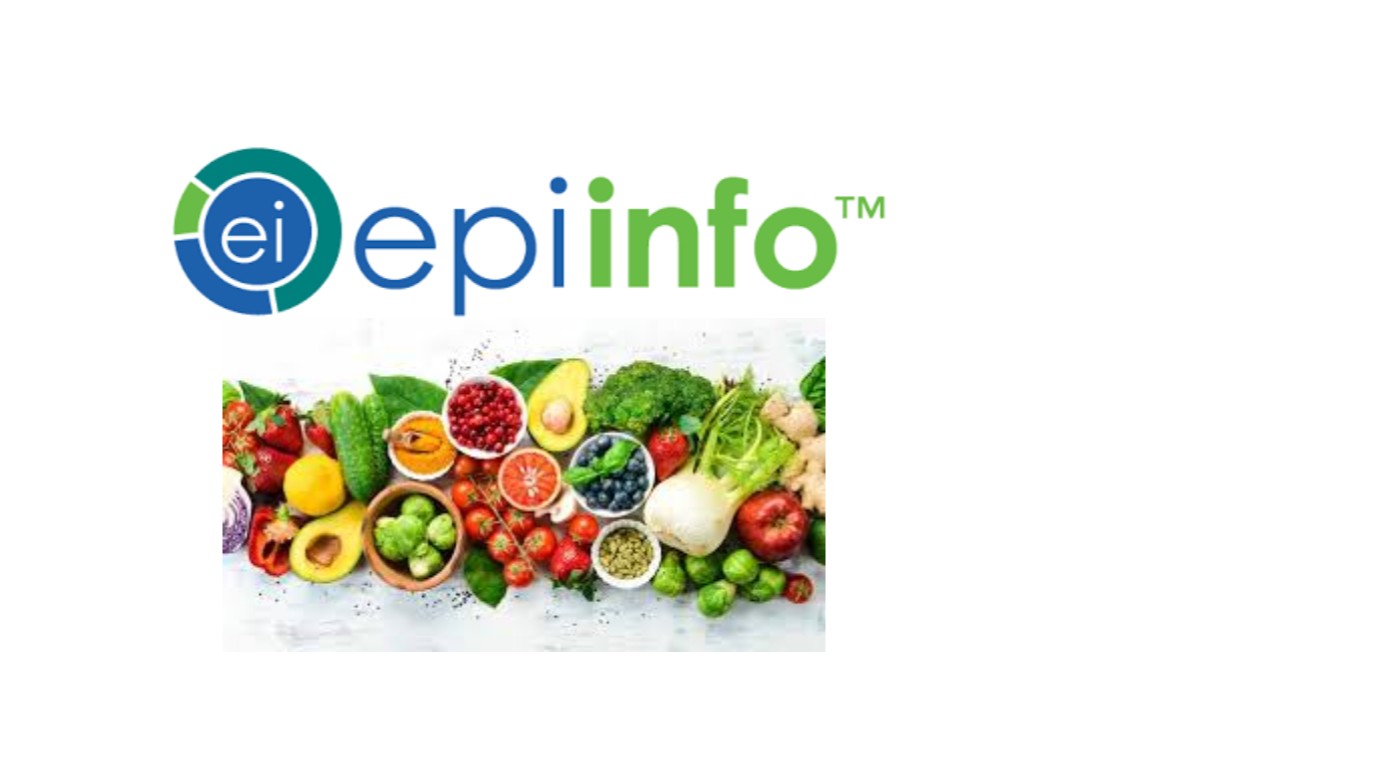
This comprehensive five-day course provides health and development professionals with the essential skills to design, conduct, and analyze nutritional surveys using the widely recognized and freely available software, EPI INFO. Participants will gain a deep understanding of core nutritional epidemiology principles, including anthropometric measurements and dietary assessment methods. The training is highly practical, guiding attendees through every stage of a survey lifecycle, from designing mobile-friendly questionnaires and managing field data to performing complex statistical analyses relevant to public health and humanitarian settings.
The curriculum is structured across ten modules, progressing from foundational concepts in nutritional assessment to advanced data management and statistical reporting using the EPI INFO suite. Key areas covered include mastering the Form Designer for electronic data capture, utilizing the EPI INFO Companion for mobile data collection, performing crucial data cleaning and validation checks, and accurately calculating and interpreting nutritional status indicators like Z-scores. The final modules focus on translating these rigorous analytical findings into clear, evidence-based reports to inform nutrition programs and policy.
Who should attend the training
Objectives of the training
Personal benefits
Organizational benefits
Training methodology
Course Duration: 5 days
Training fee: USD 1500
Trainer Experience
Our trainers are seasoned public health and nutrition specialists with a minimum of 8 years of field experience in conducting large-scale nutritional and epidemiological surveys across diverse global settings. They are expert users of EPI INFO and possess advanced degrees in Epidemiology, Nutrition, or Biostatistics. Their expertise ensures that the training is grounded in best practices and current international guidelines for nutritional surveillance and reporting.
Quality Statement
We are committed to delivering the highest standard of professional development. Our course materials are developed in strict alignment with international guidelines (e.g., WHO/CDC standards for anthropometry) and are continuously updated to reflect the latest software versions of EPI INFO. We guarantee a learning environment that is rigorous, highly practical, and directly applicable to your public health and nutritional assessment needs.
Tailor-made courses
We recognize that specific programs may focus on targeted populations (e.g., school-age children, pregnant women) or utilize specialized survey protocols (e.g., micronutrient surveys). This course can be fully customized to emphasize specific assessment modules, integrate with unique organizational data collection standards, or address specific regional nutritional challenges upon request. Contact us for a consultation to design a bespoke training solution for your team.
Requirements:
Terms and Conditions
1. Discounts: Organizations sponsoring Four Participants will have the 5th attend Free
2. What is catered for by the Course Fees: Fees cater for all requirements for the training – Learning materials, Lunches, Teas, Snacks and Certification. All participants will additionally cater for their travel and accommodation expenses, visa application, insurance, and other personal expenses.
3. Certificate Awarded: Participants are awarded Certificates of Participation at the end of the training.
4. The program content shown here is for guidance purposes only. Our continuous course improvement process may lead to changes in topics and course structure.
5. Approval of Course: Our Programs are NITA Approved. Participating organizations can therefore claim reimbursement on fees paid in accordance with NITA Rules.
Booking for Training
Simply send an email to the Training Officer on training@armstrongglobalinstitute.com and we will send you a registration form. We advise you to book early to avoid missing a seat to this training.
Or call us on +254720272325 / +254725012095 / +254724452588
Payment Options
We provide 3 payment options, choose one for your convenience, and kindly make payments at least 5 days before the Training start date to reserve your seat:
1. Groups of 5 People and Above – Cheque Payments to: Armstrong Global Training & Development Center Limited should be paid in advance, 5 days to the training.
2. Invoice: We can send a bill directly to you or your company.
3. Deposit directly into Bank Account (Account details provided upon request)
Cancellation Policy
1. Payment for all courses includes a registration fee, which is non-refundable, and equals 15% of the total sum of the course fee.
2. Participants may cancel attendance 14 days or more prior to the training commencement date.
3. No refunds will be made 14 days or less before the training commencement date. However, participants who are unable to attend may opt to attend a similar training course at a later date or send a substitute participant provided the participation criteria have been met.
Tailor Made Courses
This training course can also be customized for your institution upon request for a minimum of 5 participants. You can have it conducted at our Training Centre or at a convenient location. For further inquiries, please contact us on Tel: +254720272325 / +254725012095 / +254724452588 or Email training@armstrongglobalinstitute.com
Accommodation and Airport Transfer
Accommodation and Airport Transfer is arranged upon request and at extra cost. For reservations contact the Training Officer on Email: training@armstrongglobalinstitute.com or on Tel: +254720272325 / +254725012095 / +254724452588
| Course Dates | Venue | Fees | Enroll |
|---|---|---|---|
| Jun 01 - Jun 05 2026 | Zoom | $1,300 |
|
| Apr 06 - Apr 10 2026 | Nairobi | $1,500 |
|
| Jun 22 - Jun 26 2026 | Nakuru | $1,500 |
|
| Apr 13 - Apr 17 2026 | Naivasha | $1,500 |
|
| Aug 17 - Aug 21 2026 | Kisumu | $1,500 |
|
| Oct 19 - Oct 23 2026 | Kigali | $2,500 |
|
| Mar 09 - Mar 13 2026 | Kampala | $2,500 |
|
| Apr 20 - Apr 24 2026 | Arusha | $2,500 |
|
| Feb 23 - Feb 27 2026 | Johannesburg | $4,500 |
|

Armstrong Global Institute
Typically replies in minutes